5 Federal Politicians Who Broke the Law
The 2016 Presidential Election to many voters was a “Best of the Worst” contest. Both candidates spent much of their time, and resources, on accusing the other of being a criminal.
But regardless of where you stand, last year’s candidates were a far cry from the first shady federal politicians in US history. Below are 5 of America’s most notorious federal politicians convicted for breaking the law.
1. Lewis Libby (R)
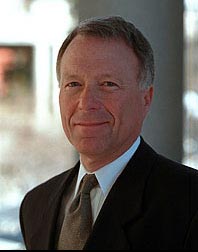
Lewis Libby, 2001-2005
Libby’s involvement in the Plame affair, a scandal in which the identity of CIA officer Valerie Plame Wilson was made public, included leaking her name to the press and signing a “blanket waiver” for reporters to publish her information. His sentence included 30 months in jail, a $250,000 fine and two years’ probation.
2. Darleen A. Druyun (D)
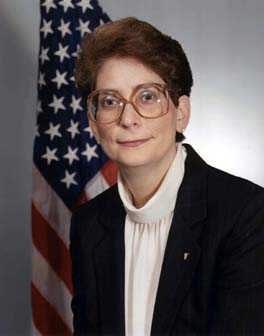
Darleen A. Druyun, 1993
Told to negotiate a contract with Boeing for the purchase of new tankers and aircraft, Druyun attempted to inflate the price of the materials to favor Boeing – her future employer.
Shortly after negotiating the 2003 deal, Druyun left the Air Force for a job a Boeing where she received a $250,000 salary and a $50,000 signing bonus.
In 2004, Druyun pled guilty to corruption charges. She was sentenced to nine months in jail and fined $5,000.
3. Catalina Vasquez Villalpando (R)
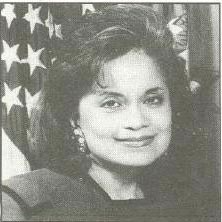
Catalina Vasquez Villalpando, 1989-1993
The evidence showed Villalpando received $500,000 from the company and owned at least another $500,000 in stock. All this she received in return for making CII the federal government’s largest telecommunications contractor.
Between 1983 and 1992, CII was contracted for 56 projects totaling $68.6 million, including the creation of a communication network for U.S. forces in the Persian Gulf during Operation Desert Shield.
Villalpando pleaded guilty to obstruction of justice and tax evasion and was sentenced to four months in prison and a $150 fine.
4. Claude Allen (R)
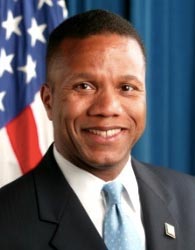
Claude Allen, 2005-2006
While many Americans were furious at the news, many more were simply confused – Allen was making a $160,000 salary in his White House post.
Allen pleaded guilty to theft charges but avoided the maximum 18-year sentence through a plea bargain. His sentence resulted in a $1,350 fine.
5. John Poindexter
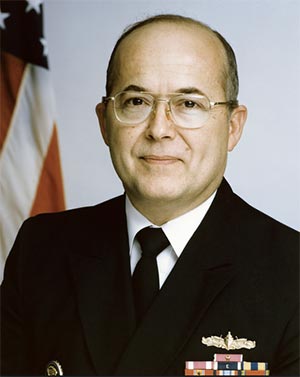
John Poindexter, 1985-1986
The Iran-Contra affair resulted from the discovery that the federal government was sending money and weapons to Iran in return for American hostages. The Boland Amendment had strictly forbidden this on the grounds that providing money to Iran could result in money being funneled to the Contras, a Nicaraguan terrorist group.
Poindexter had championed this relationship through a “Private Blank Check” system set up on a National Security Council computer. He attempted to erase all evidence of his involvement in the scandal by deleting the messages he sent to his overseas counterparts, but a White House Communications Agency investigation found evidence to support his criminality.
Poindexter’s convictions were overturned in 1991 on appeal.

